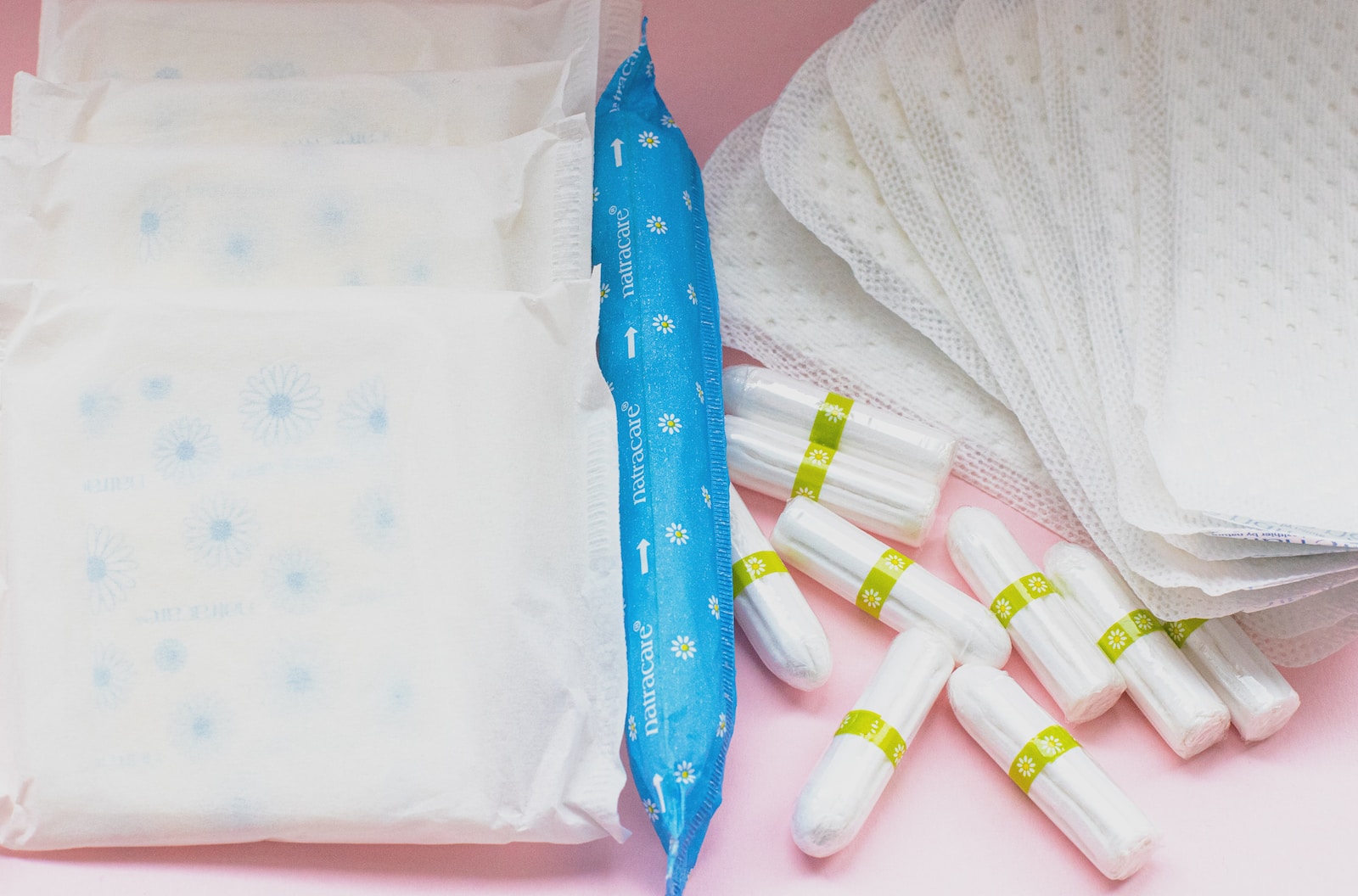If you’re already in your period window, having sex won’t kick-start it. But if you’re not there yet, an orgasm (even non-penetrative sex) may cause the uterus to contract and shed some period blood.
That said, if you see bright red blood and have a fever or pain in the pelvic area, that could indicate an infection like chlamydia or gonorrhea. See a doctor right away.
Orgasms
The orgasm is considered the peak of sexual pleasure. It involves the muscles of the pelvic floor, blood vessels and the release of feel-good chemicals, endorphins. It’s most commonly experienced during sexual stimulation and can occur in both men and women.
But, what many people don’t know is that orgasms can cause your period to start earlier than normal if you’re close to your expected date of getting it. This is because the rhythmic contractions of the uterus that occur during orgasm, combined with semen softening the cervix can cause your menstrual lining to shed and start your period.
But, you should note that only if your menstrual cycle was due to start within a day or two of you having orgasm. If your period starts before this, it’s just a coincidence and nothing to worry about. If you’re noticing bright red bleeding that doesn’t match your regular menstrual pattern, this could indicate a problem with the cervical lining such as an infection like chlamydia or gonorrhea. Bleeding can also signal that you are pregnant, but this is rare.
Hormones
Sometimes a bit of bleeding after or during sex can indicate that you’re in the final phase of your menstrual cycle, when the uterus lining (called the endometrium) thickens to make way for a possible pregnancy. This is normal, and you should not be concerned unless the bleeding is heavy or consistent. If you experience frequent or long-lasting vaginal bleeding, schedule an appointment with your gynecologist.
As you near the end of your menstrual cycle, ovulation increases and estrogen spikes, triggering arousal and libido. You might also notice a little spotting or light bleeding, which is just your body shedding old blood as you enter the next phase of the cycle.
If you have sex around this time, your period may start early due to the oxytocin, adrenaline and semen that are released during orgasm, as well as the fact that sex and masturbation can make the uterus contract and soften the cervix. However, if you don’t have orgasms or aren’t using lubrication, you won’t experience this. Bleeding post-sex can also be a sign of cervical cancer or non-cancerous growths on the cervix, so you should always get a Pap smear when it’s due.
Stress
Stress is a normal reaction to the busy and sometimes difficult parts of life, but too much can also have negative effects on your health. When your body is too stressed, it can block the hormones that control your menstrual cycle. This can cause your periods to be longer, lighter or stop them altogether.
This is because the brain releases the stress hormone cortisol when you’re stressed. Cortisol can affect your blood pressure, mood and energy levels. It can even increase your risk of having a heart attack or stroke.
In fact, a number of things can trigger stress, including the loss of a loved one, being ill, financial problems or physical abuse. Even things like long work hours and a lack of sleep can be stressful.
It’s important to remember that a one-off late or shorter period is not something to be alarmed about. However, if you’re experiencing regular irregularities in your menstrual cycle, it might be worth talking to your doctor about how best to deal with them. This might include trying relaxation techniques like yoga or meditation, eating better or taking a hot bath.
Infections
Yeast infections, pelvic inflammatory disease (PID), and other gynecological infections can trigger your period. These are infections that affect your reproductive organs, and if they go untreated, they can cause serious complications.
You can catch infections from touching someone who is sick or from eating food that contains germs. You can also catch them by breathing in infectious microbes, like the flu or strep throat, through airways that are opened up by a cough or sneeze. Infections can also spread through sexual contact, including oral, anal, and vaginal sex. Sexually transmitted diseases (STDs) can be spread through genital secretions, blood, saliva, skin-to-skin contact, and feces.
You can get a yeast infection before your period because hormone changes in your vagina cause an imbalance of the normal bacteria and fungus that live there. This causes an overgrowth of a fungus called Candida, which then leads to the symptoms of a yeast infection. You can also get a urinary tract infection (UTI) before your period. However, unlike a yeast infection, a UTI only affects your bladder and doesn’t directly impact your menstrual cycle or reproductive organs.
Sex Play
There is absolutely nothing wrong with wanting to have sex when you are on your period, especially if you want to enjoy the pleasure and thrill of sex. In fact, sexual play during a menstrual cycle can actually increase pleasure because your flow can act as extra lubrication, making intercourse easier and more enjoyable.
In addition, orgasms can make your period come a bit earlier because they cause the pelvic floor uterus to contract rhythmically and can kick-start the shedding of the uterine lining. However, this only occurs if there is still some old blood stuck in the uterus.
The shortest and most accurate answer is that having sex during your period will not actually trigger your period to start any sooner. Having sex during your period can, however, help a menstrual cycle that is about to start anyway, speed it up a little and may even result in a few days of light bleeding (just make sure you use protection). This is because of the oxytocin, adrenaline, and dopamine released during orgasm and the fact that semen softens the cervix.

